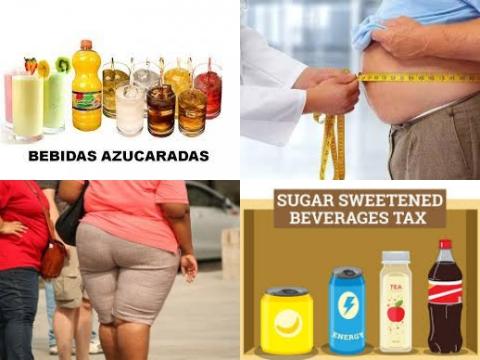
Objectives:
Is there a causal relationship between sugar-sweetened beverages consumption and higher BMI and body weight in both children and adults?
Study design:
This review article included 85 studies with 48 in children (40 cohort studies with 91,713 participants and 8 RCTs with 2,783 participants) and 37 in adults (21 cohort studies with 448,661 participants and 16 RCTs with 1,343 participants).
Results and conclusions:
The investigators found among cohort studies, each serving/day increase in sugar-sweetened beverages intake was significantly associated with a 0.07 kg/m2 [95% CI = 0.04 to 0.10 kg/m2] higher BMI in children and a 0.42 kg [95% CI = 0.26 to 0.58 kg] higher body weight in adults.
The investigators found RCTs in children indicated less BMI gain with sugar-sweetened beverages reduction interventions compared with control [MD = -0.21 kg/m2, 95% CI = -0.40 to -0.01 kg/m2].
The investigators found RCTs in adults showed randomization to addition of sugar-sweetened beverages to the diet led to greater body weight gain [MD = 0.83 kg, 95% CI = 0.47 to 1.19 kg] and subtraction of sugar-sweetened beverages led to weight loss [MD = -0.49 kg, 95% CI = -0.66 to -0.32 kg] compared with the control groups.
The investigators found a positive linear dose-response association between sugar-sweetened beverages consumption and weight gain for all outcomes assessed.
The investigators concluded there is a causal relationship between sugar-sweetened beverages consumption and higher BMI and higher body weight in both children and adults.
Original title:
Sugar-sweetened beverage consumption and weight gain in children and adults: a systematic review and meta-analysis of prospective cohort studies and randomized controlled trials by Nguyen M, Jarvis SE, [...], Malik VS.
Link:
https://pubmed.ncbi.nlm.nih.gov/36789935/
Additional information of El Mondo:
Find more information/studies on sugar-sweetened beverages consumption and obesity/overweight right here.